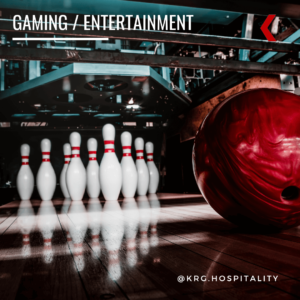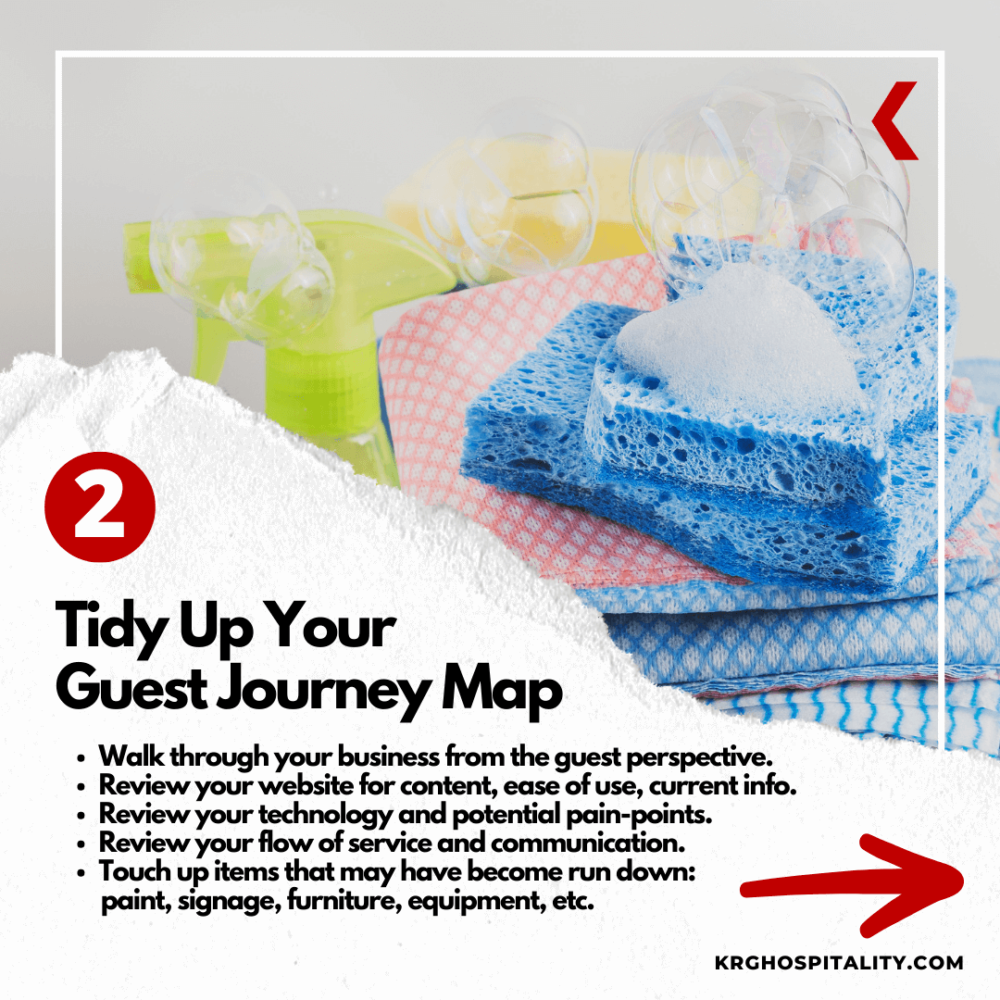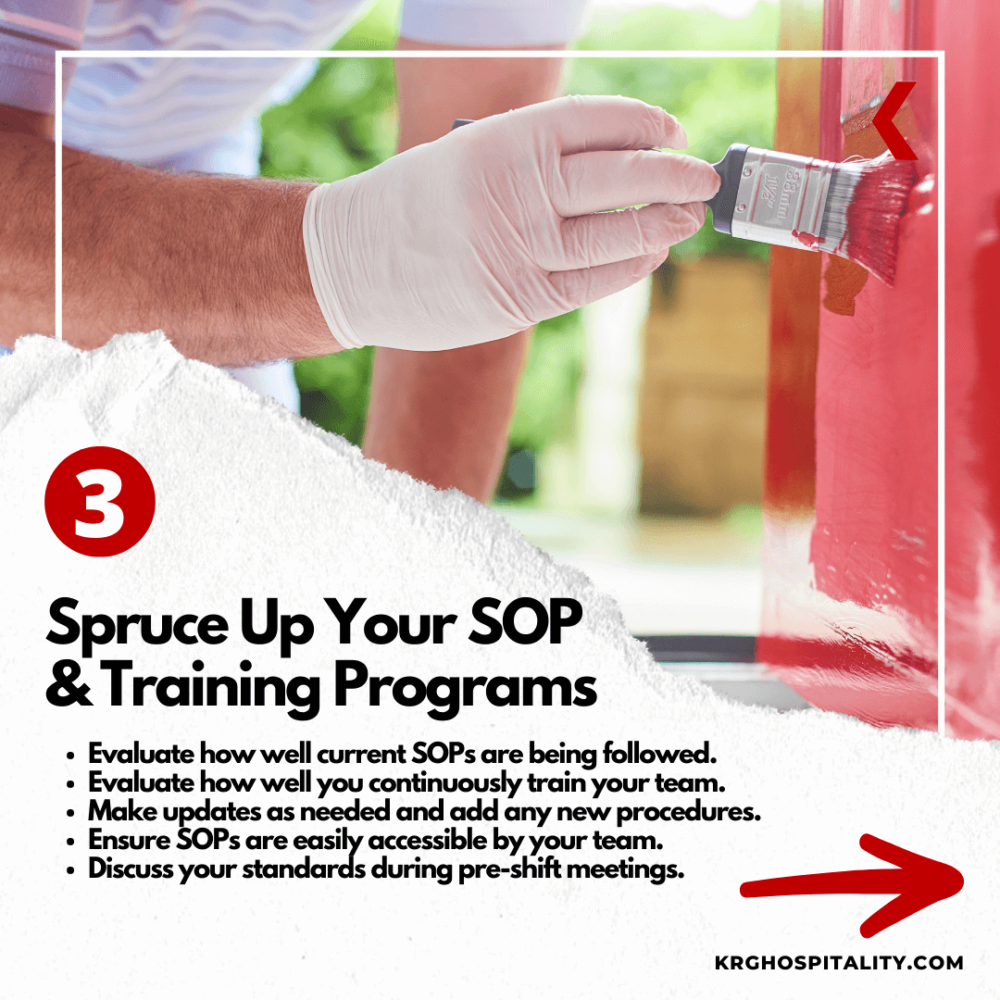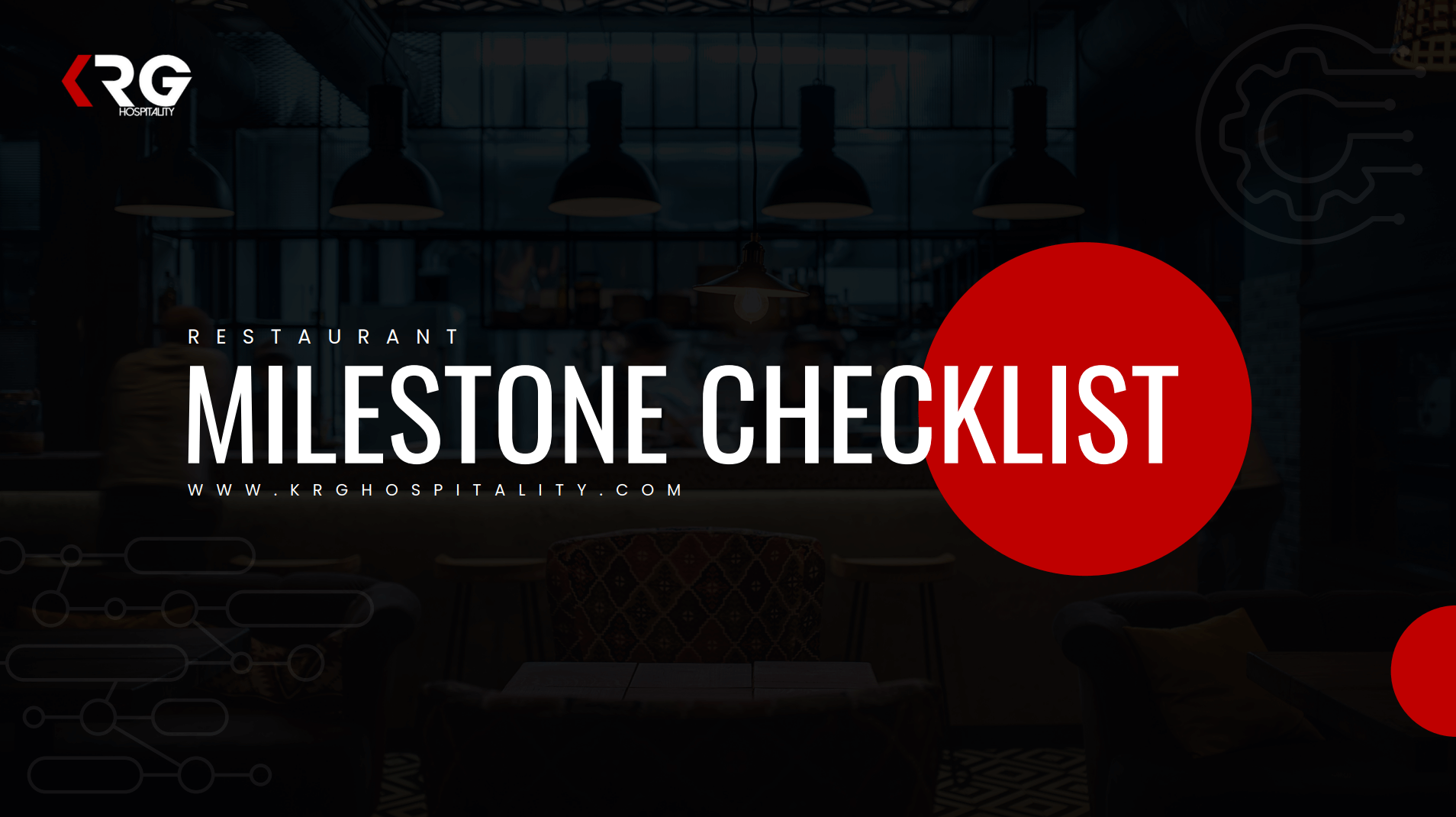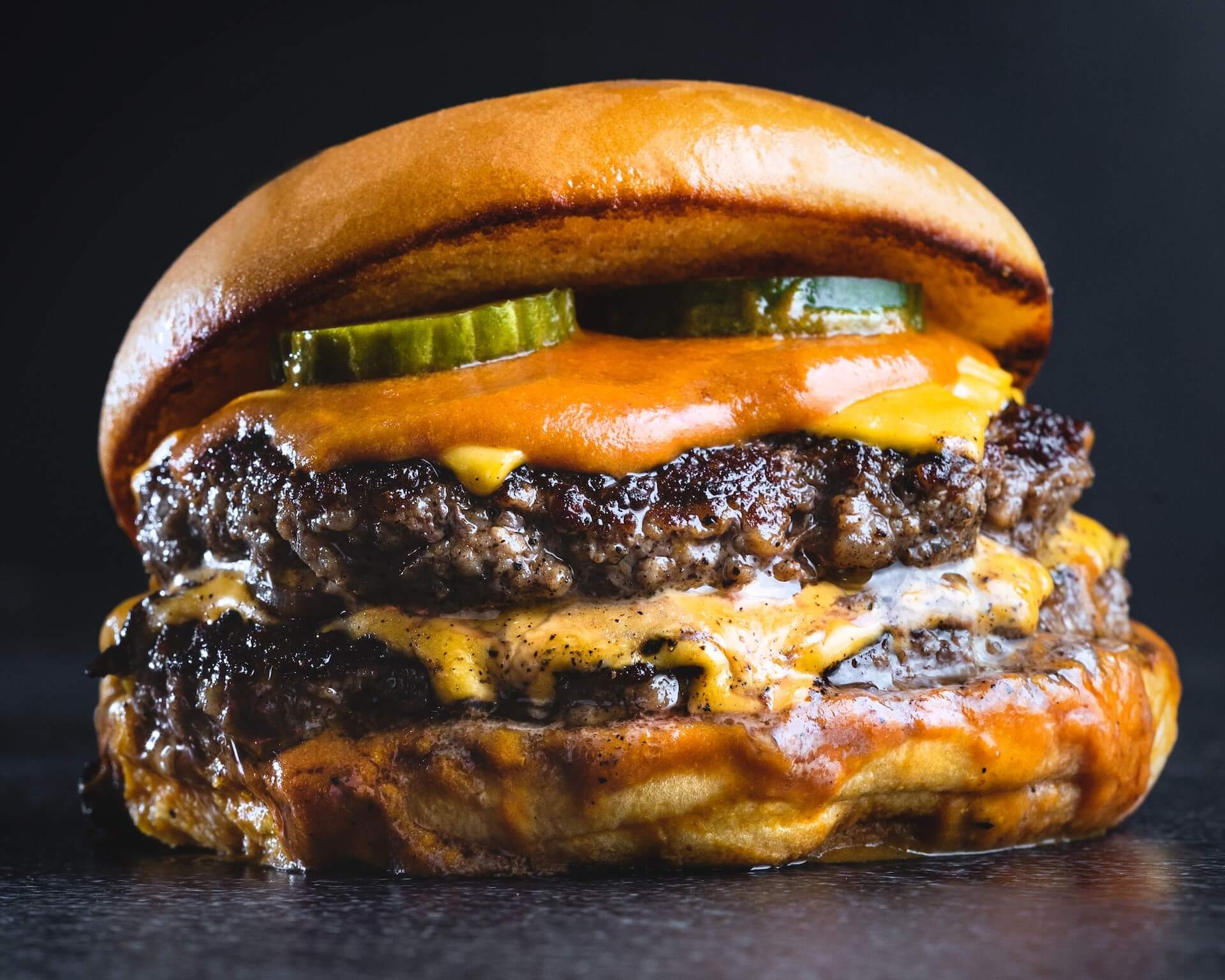Why Pickleball Should Have Your Attention
by David Klemt

The explosive popularity of pickleball and its legions of rabid players should have the attention of restaurant, bar, and hotel operators.
In fact, the sport may just result in the next Topgolf-esque eatertainment concept.
According to an October 2022 Fortune article, pickleball is the fastest-growing sport in America for three years running. That article follows previous coverage from an array of publications that come to the same conclusion.
In Canada, the popular sport is also growing fast. It’s up against soccer, lacrosse, and cricket, but the numbers are impressive. In 2020, estimates showed 350,000 Canadian households playing pickleball. As of last year, that number was growing past 900,000.
Another sign that the sport is gaining incredible traction throughout North America? Doctors are encountering growing numbers of pickleball injuries. The Journal of Emergency Medicine says that about 19,000 people suffer pickleball injuries per year.
That may not seem like a lot when considering how many Americans play. According to the Association of Pickleball Professionals, there are 36.5 million Americans playing, from beginners to professionals.
Speaking of professional pickleball, there are professional leagues and teams. And those teams have the attention—and backing—of big-name sports celebrities. Major League Pickleball (MLP) boasts investments by Lebron James, Draymond Green, and Kevin Love. Tom Brady and Kim Clijsters are investing in an MLP expansion team.
Attention-grabbing Statistics
There’s a website—Pickleheads—that helps people locate pickleball courts. When I visit the site it shows me three casino resorts with courts immediately.
And the site just happens to have a page of useful statistics. I choose to accept that these stats are accurate.
Those who want to take a look themselves can do so by following this link. However, I’m going to share a few below:
- Pickleball growth: 158.6 percent over the last three years
- Top age bracket: 18 to 34 years old
- Compound annual growth rate through 2028: 7.7 percent
Also per Pickleheads, the only popular sports with higher participation rates than pickleball are running and hiking.
The Next Topgolf?
The stats above should get operators’ creative juices flowing. The current growth of the sport along with the largest age group, growth projections, and support in the form of leagues, teams, and celebrities, is highly appealing.
Will a pickleball-forward eatertainment concept be the next Topgolf? It’s possible, and that’s why people considering their first or next concept need to look into pickleball.
The sport is perfect for our industry. It’s easy to learn, simple to play, and popular with most operators’ ideal age bracket—ages 21 to 34. However, pickleball is also very popular amongst the 50 to 70 set, a group with disposable income and time to indulge their interests.
Then there’s the undeniable fact that the sport is often described as fun and social. There are even articles lauding pickleball for encouraging networking.
Finally, there are organizations with which pickleball-centric eatertainment concepts can partner. An illuminating example comes from Shake Shack.
Toss and Spin, a racket sports organization, is partnering with Shake Shack this year. Their 2023 campaign is called the Shake Shack Pickleball Club. This nationwide activation centers around a nationwide tour across America featuring one-day pickleball clinics for all skill levels and tournaments.
One can only assume that this tour, backed by such a visible restaurant brand, will introduce even more people to pickleball. In turn, that creates an even larger pool of potential customers for the right concept.
Opportunity
We speak with a hospitality group pursuing an F&B-driven pickleball concept on the Bar Hacks podcast.
Brian Harper, a partner in Competitive Social Ventures and the company’s senior vice president of sales and marketing speaks about Pickle and Social on episode 94. Not only do his partners on the leadership team see potential for the sport, they love to play it themselves.
Should you think you have a solid idea for a successful pickleball concept, let us know.
Our industry standard feasibility studies will help you select the right market and site. Our fully customized concept development plans will help you and others visualize your big idea. And our in-depth business plan will provide a realistic roadmap for you to throw open your doors and march toward success.
Someone out there has the next big eatertainment concept inside their head. Is it you?
Image: Brendan Sapp on Unsplash

